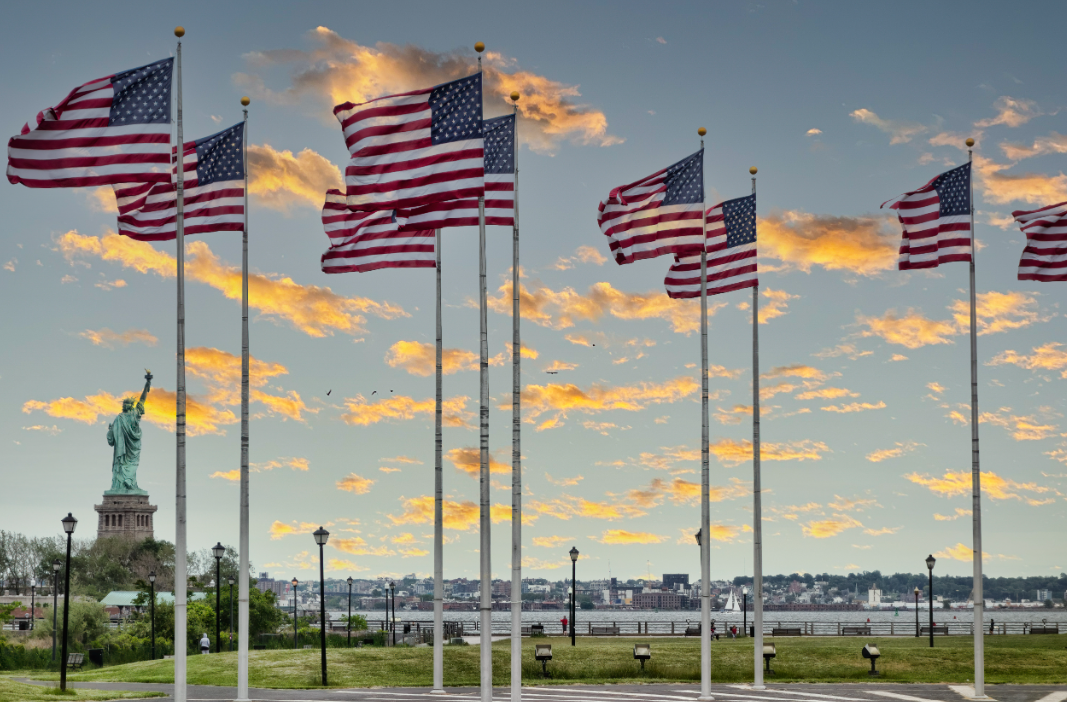New Jersey, often overshadowed by its cultural powerhouse neighbors, boasts a rich musical landscape that encompasses a diverse array of genres. From the iconic sounds of the Jersey Shore to the rhythms of Newark’s jazz heritage, the Garden State is home to an eclectic range of musical styles. In this article, we will explore the specific musical genres associated with New Jersey, delving into the unique sounds and legacies that have left an indelible mark on the state’s cultural identity.
The Jersey Shore Sound
One of the most iconic and regionally distinctive musical genres associated with New Jersey is the “Jersey Shore Sound.” Emerging from the vibrant clubs of Asbury Park and the surrounding coastal communities, this genre is a fusion of rock, rhythm and blues, and soul. Artists like Bruce Springsteen, Southside Johnny, and Bon Jovi epitomize the Jersey Shore Sound, crafting anthems that celebrate blue-collar sensibilities and tales of everyday life. Springsteen’s poetic storytelling, in particular, captures the essence of this genre, resonating with audiences worldwide.
Jazz and Newark’s Legacy
New Jersey has made significant contributions to the jazz genre, with Newark, in particular, holding a special place in the history of American jazz. The city was home to influential jazz musicians like Sarah Vaughan and Wayne Shorter. Vaughan’s sultry vocals and Shorter’s groundbreaking saxophone work have left an indelible mark on the jazz world. Newark’s vibrant jazz scene during the mid-20th century was a crucible of innovation and talent, contributing to the genre’s evolution.
Latin Music
New Jersey’s multicultural communities have fostered a thriving Latin music scene. Cities like Newark and Union City are home to a rich tapestry of Latin cultures, including Puerto Rican, Cuban, and Dominican. This diversity is reflected in the state’s Latin music, which encompasses a variety of styles, such as salsa, merengue, bachata, and reggaeton. New Jersey’s Latin artists and bands contribute to the global popularity of these genres, infusing their music with a blend of traditional and contemporary influences.
Hip-Hop
New Jersey’s hip-hop scene has grown and flourished over the years. It has been a hub for pioneering hip-hop artists like Queen Latifah and Naughty by Nature. Queen Latifah, a prominent figure in both music and acting, was one of the genre’s early female trailblazers, breaking barriers with her lyrics and empowering messages. Naughty by Nature, known for their hit “O.P.P.,” played a significant role in the rise of hip-hop on the East Coast. The state continues to produce a new generation of hip-hop artists who contribute to the genre’s ever-evolving landscape.
Rock and Indie Rock
New Jersey has had a lasting influence on the rock genre, from the legendary Bruce Springsteen to modern indie rock acts. Springsteen’s poetic lyrics and anthemic rock sound have made him a global rock icon, often associated with the heartland and working-class struggles. Furthermore, New Jersey has nurtured indie rock bands like Yo La Tengo, whose experimental and genre-blurring music has gained international acclaim. The state’s indie rock scene is characterized by its artistic innovation and willingness to push the boundaries of traditional rock music.
Electronic and Dance Music
The electronic and dance music scene in New Jersey has experienced significant growth, particularly in cities like Newark and Atlantic City. The state hosts electronic dance music (EDM) festivals, attracting renowned DJs and electronic artists. The genre encompasses a broad spectrum of electronic music styles, from house and techno to dubstep and trance. These events and local clubs have transformed New Jersey into a lively hub for electronic music enthusiasts.
Folk and Acoustic Music
Folk and acoustic music find a home in New Jersey’s cultural landscape. Local artists and singer-songwriters often gravitate towards folk and acoustic styles, sharing stories of life in the Garden State. These musicians perform in cozy coffee shops, intimate venues, and local festivals, adding to the diverse range of musical genres celebrated in New Jersey.
New Jersey’s musical identity is a testament to its cultural diversity and historical significance. The state’s association with specific musical genres, from the iconic Jersey Shore Sound to jazz and Latin music, reflects the tapestry of communities and traditions that make up its cultural fabric. New Jersey’s musical landscape continues to evolve, with emerging artists and innovative styles contributing to the ever-expanding legacy of the Garden State’s musical heritage.
